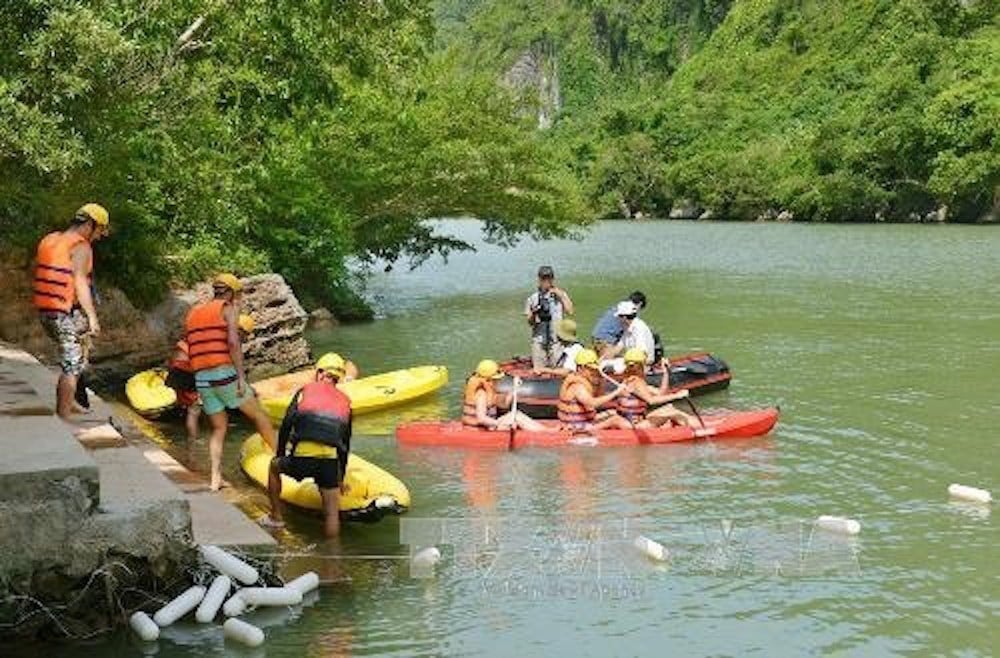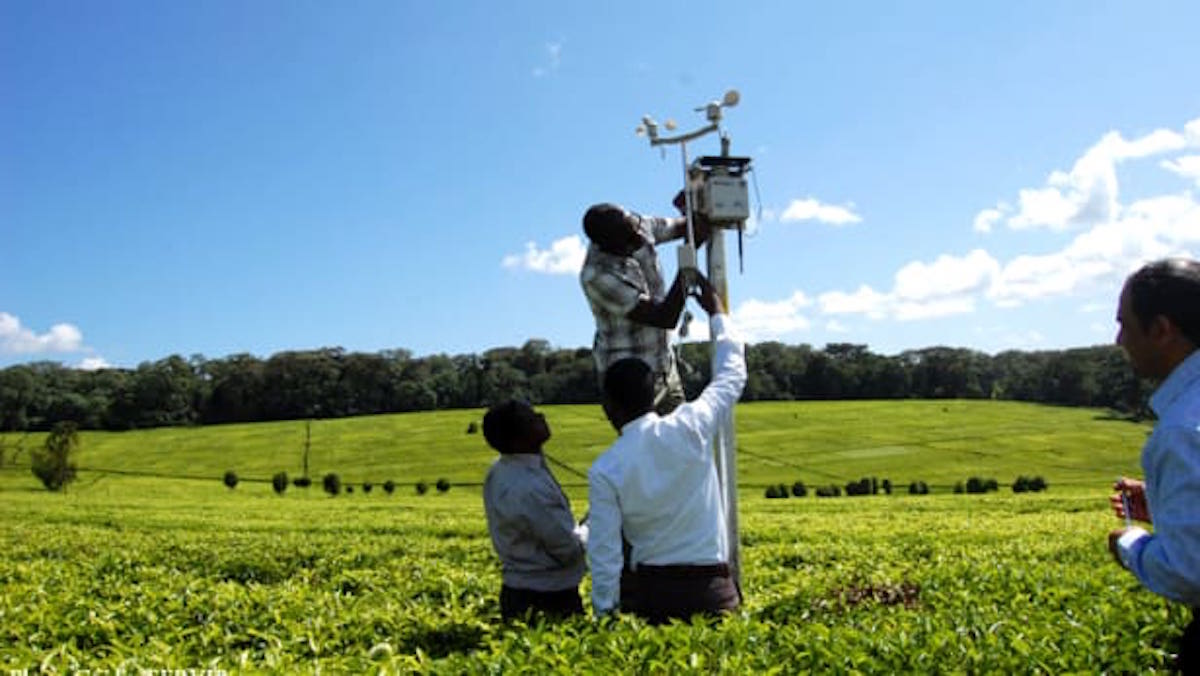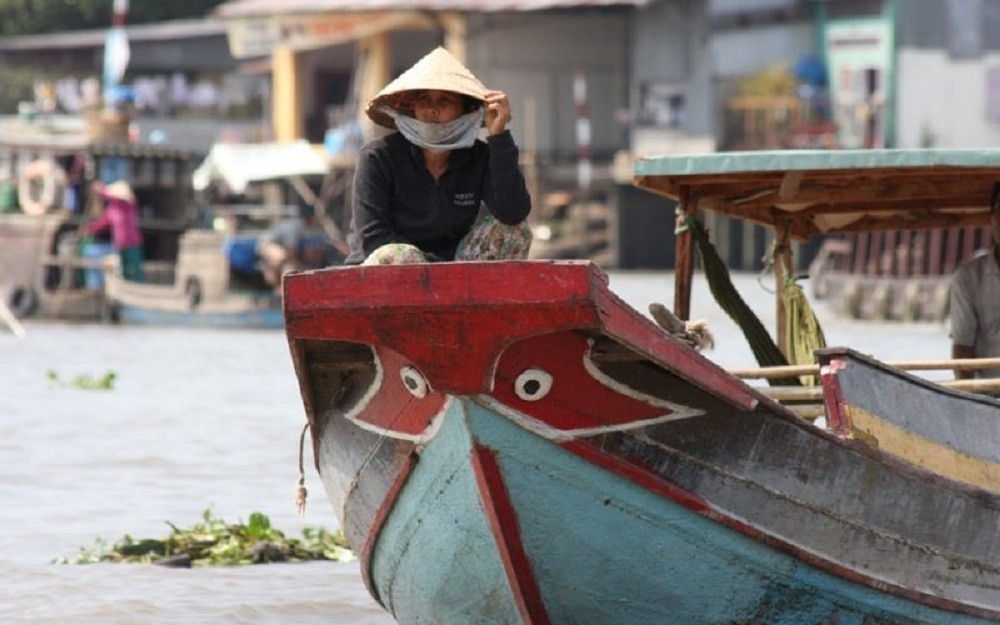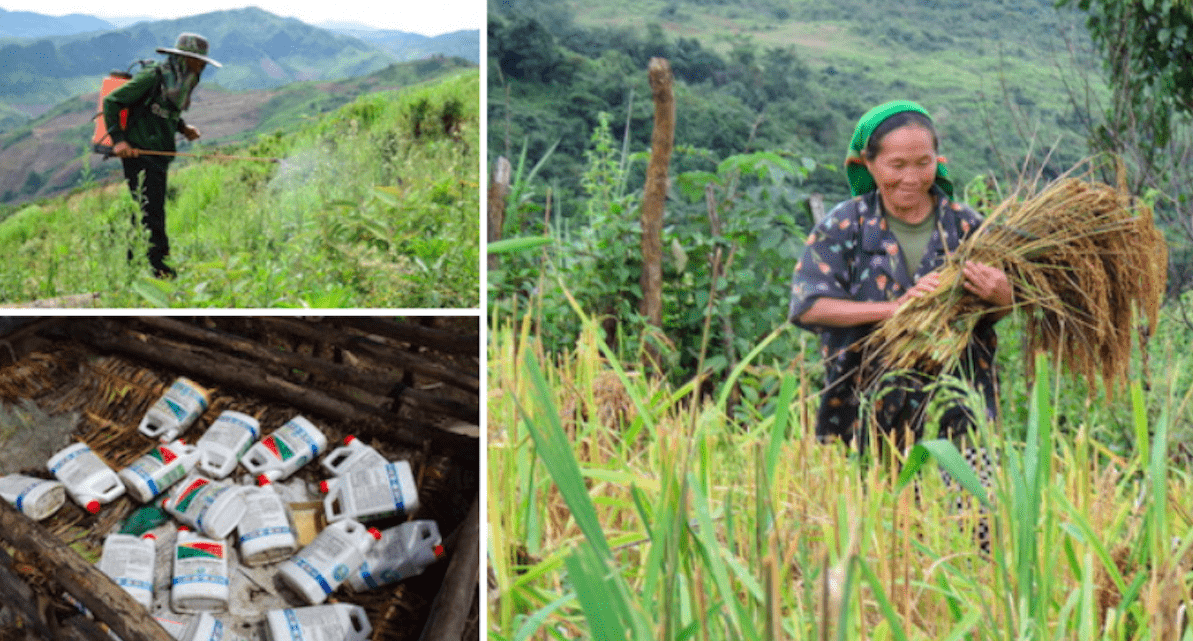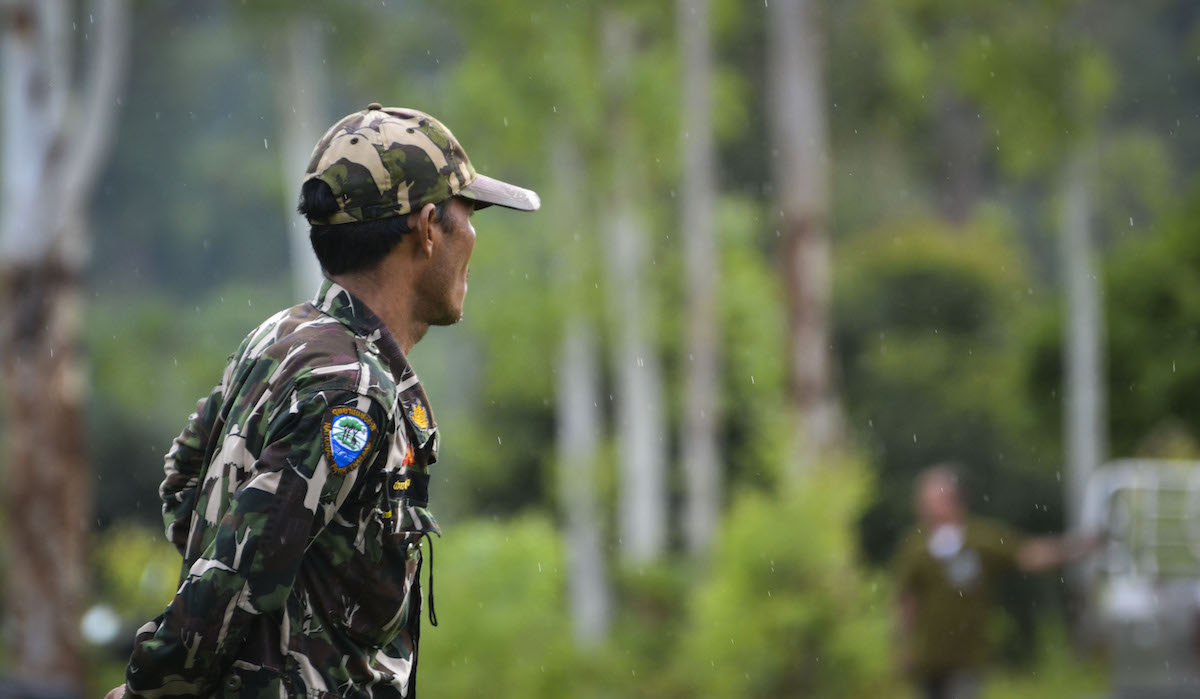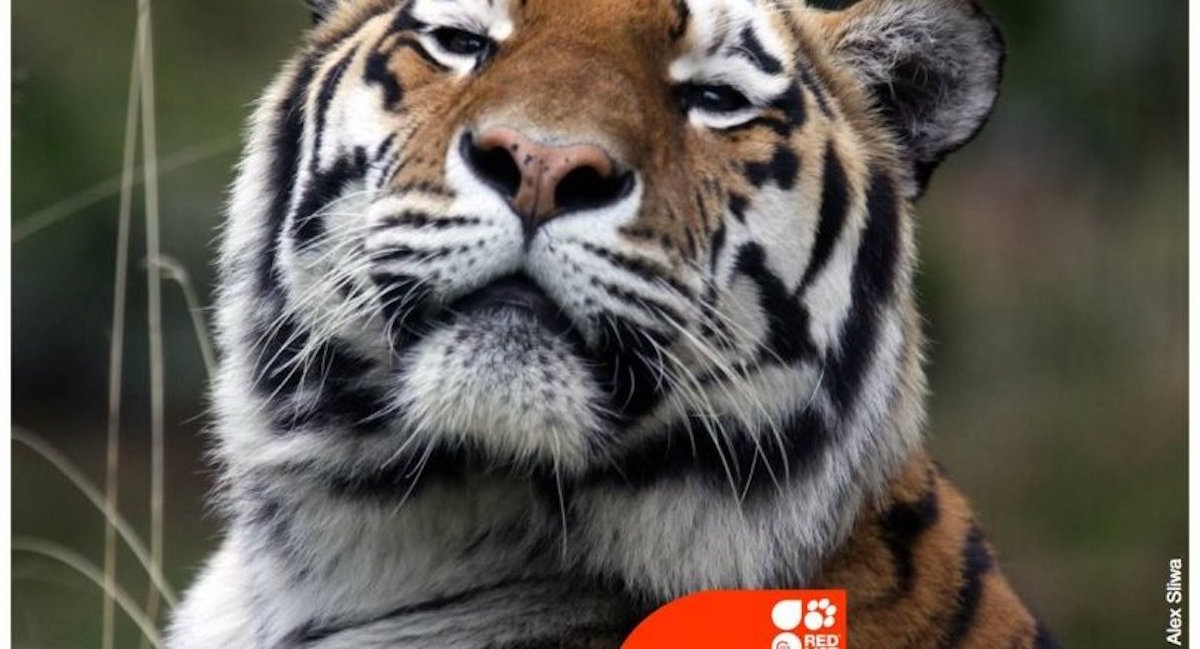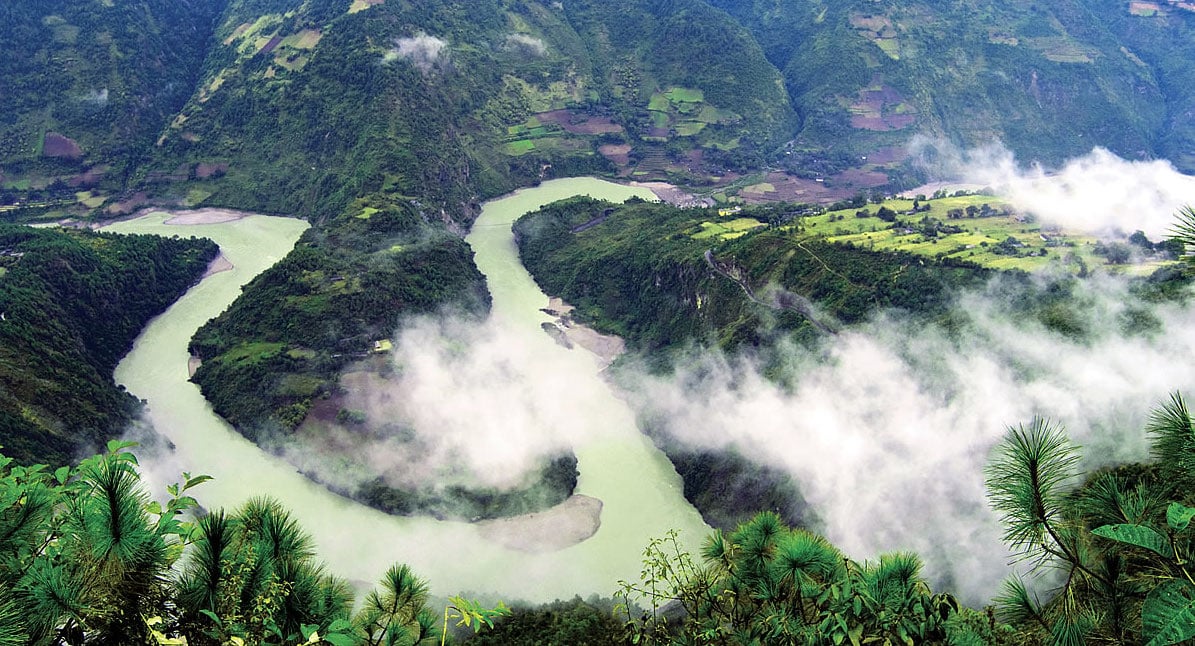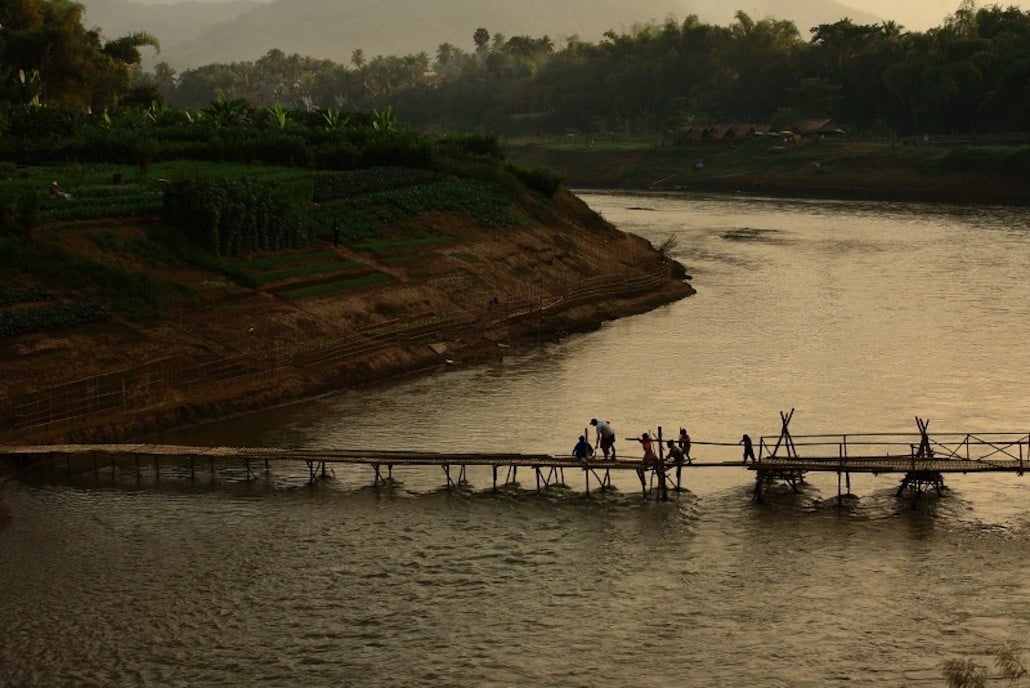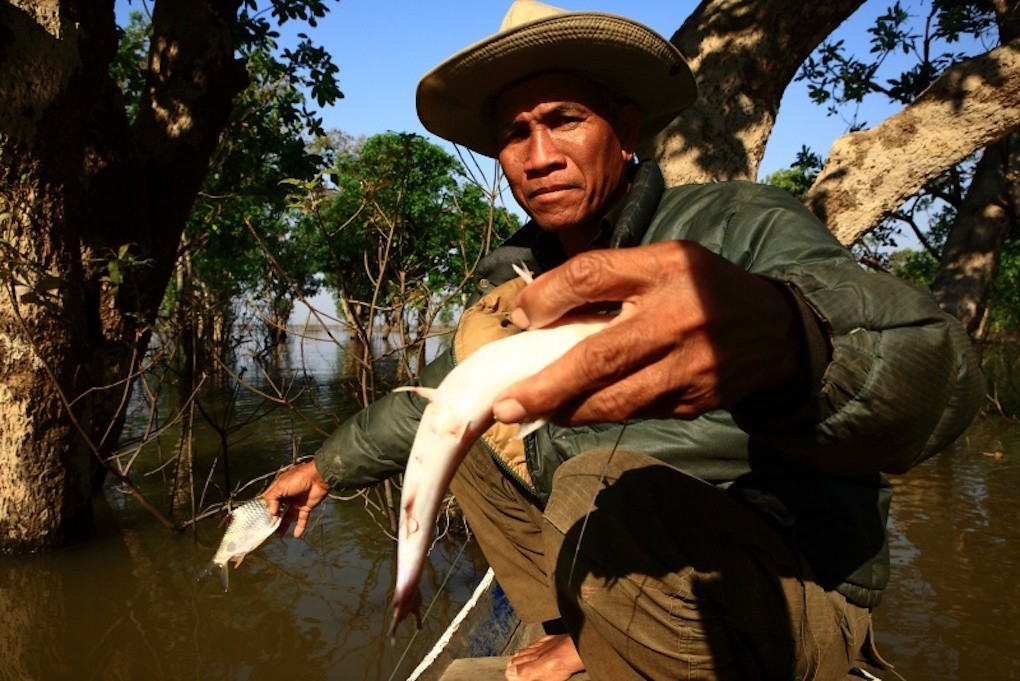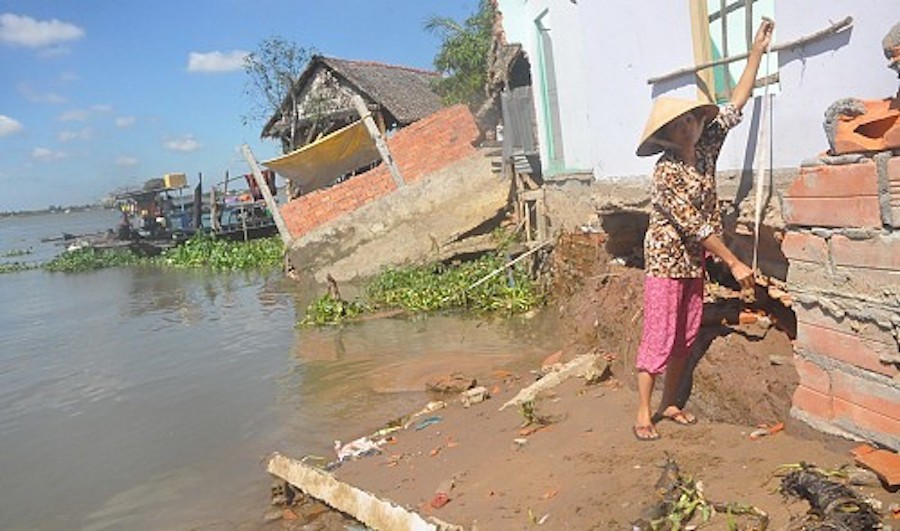Most tourism projects in the country are implemented without conducting comprehensive environmental impact assessments: a conservation expert.
Tag: biodiversity
Data for a changing world: Satellites for sustainability
To manage resources sustainably in a changing world, you need information. Good decisions require comprehensive, accessible, easy-to-use data.
Mekong Delta faces three big challenges caused by climate change
Mekong Delta, the rice granary of Vietnam, is facing three challenges from climate change, unsustainable development and hydropower development, says local ecologist.
Documentaries: Women in the uplands of Laos: diverse actors in development
The Women’s Lives Project presents lives of rural women in the uplands of Laos to seek new approaches to rural development that see women as diverse actors.
Scientists study wildlife rangers, what motivates them?
GMS and other Asian wildlife rangers just need a job, and are not motivated by protecting our most iconic species—tigers, elephants, gorillas and many others.
Read more at: https://phys.org/news/2017-09-scientists-wildlife-rangers.html#jCp
Fresh bid to tackle illegal wildlife trade
“There is one overriding principle that drives the business -– it’s of huge value with low risk. And that’s why we are losing the battle, rapidly,” says USAID Wildlife Asia’s law enforcement specialist.
Will Hydropower Turn the Tide on the Salween River?
Will efforts to sustainably steward the Salween, Asia’s last free flowing, international river, parallel those launched a half-century ago and half a world away?
The soul of the Mekong is in serious trouble
Prime Minister Prayut Chan-o-cha last week asked reporters why non-governmental organisations (NGOs), environmental activists and academics continue to protest against the planned blasting of rapids in the Mekong River.
He said many of these protesters are outsiders, meaning people who do not live by the riverside, do not fish its waters or make a living from the river and do not, in fact, have any stake in the river at all.
Research: Impacts of Dams and Global Warming on Fish Biodiversity in the Indo-Burma Hotspot
Both hydropower dams and global warming pose threats to freshwater fish diversity. While the extent of global warming may be reduced by a shift towards energy generation by large dams in order to reduce fossil-fuel use, such dams profoundly modify riverine habitats. Furthermore, the threats posed by dams and global warming will interact: for example, dams constrain range adjustments by fishes that might compensate for warming temperatures. Evaluation of their combined or synergistic effects is thus essential for adequate assessment of the consequences of planned water-resource developments.
Major rivers of Vietnam’s Mekong Delta become unusually deeper
Vietnamese scientists have warned of the unusual increase in the depth of two major rivers in the Mekong Delta, with sand mining and hydropower dams said to be the cause.
According to experts, instead of being accreted, the 250-kilometer long Tien (Front) River and 200-kilometer Hau (Back) River have become five to seven meters deeper since 2008.
The Mekong separates in Phnom Penh into the Tien River, the main northern branch, and the Hau River, the primary southern distributor, after entering Vietnam.


